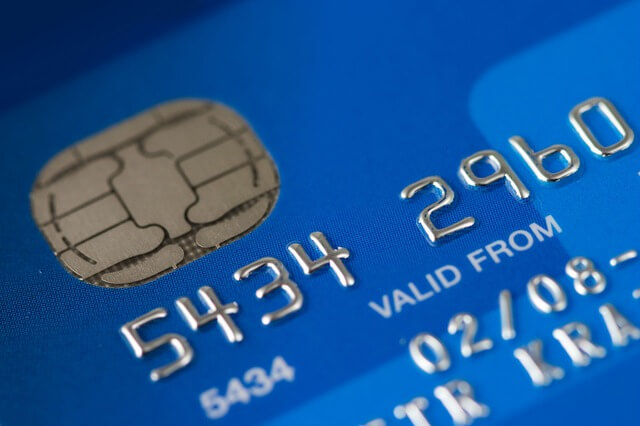One big mistake many small business operators make is to underestimate the importance of having the right bank accounts set up for the business.
If your bank accounts are set up correctly, it will be a lot easier to report the business activity.
Follow these basic steps for any basic small business and you can extend the complexity as you grow:
Have a separate bank account for business and personal.
You may be tempted to take some money out of the business account for personal use or use the company credit card occasionally to buy that new outfit, but try and resist. It’s a lot easier if you make a decision at the start to keep your business and personal costs separate. If you have to take money out, do it as a bank transfer or EFTPOS and entitle the amount to ‘drawings’ or ‘personal’ in the transaction description. By separating your business and personal expenses and income, you protect your business assets and eliminate additional bookkeeping entries.
Set your business accounts up with a different bank to your personal accounts.
Doing this helps to put an even firmer wedge between your business and personal accounts. If you use the banking app on your mobile device, you can easily set up one app for business and another app for personal.
Create a business transaction account with a debit card.
You may need to shop around for the best monthly fee and features. A debit card is great for business as you can use it to make purchases you would with a credit card, but with your business money instead of credit. If you don’t use it, you can still keep it as an eftpos card. If you would like a chequebook, order one at this stage.
Open a Payables Account linked to your transaction account.
Set up a bank account with a higher interest rate and use this account to transfer your GST, PAYG, Superannuation and potentially, any prepaid business tax. The money you set aside regularly will grow in this account and earn you interest for your business. When the payables are due, simply transfer to the business account and pay from there.
Credit Card account is optional.
There are some benefits to having a credit card account. You can use it to accrue points that may be redeemed for personal use. Weigh this up against the higher annual fees for these credit cards. But ALWAYS pay the balance in full by the due date from the business account. If you do this, you will never pay interest and always remain on top of credit. Remember, an additional account like a credit card, means more data entry as it will need to be reconciled each month.
Other Accounts.
It really should not be necessary to have too many more accounts. Each bank account must be reconciled each month/quarter. You may have a business loan account, petty cash account, excess funds account etc. Try to keep the number of accounts to a minimum.
I had a client once, who set up a bank account for every income stream. There were 7 bank accounts and all needed to be reconciled. We reduced this down to 3 accounts and 1 credit card, and instantly, the data entry was minimised.
Work out exactly how many accounts you need, if necessary, combine some, close others and streamline your bank accounts. It’s the first step to better bookkeeping organisation.
Any questions, or comments, add them here

